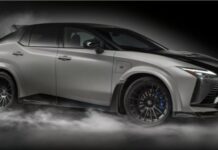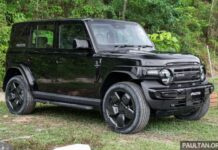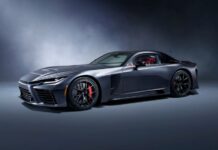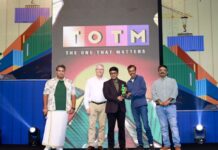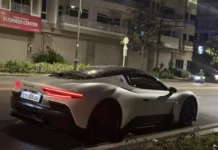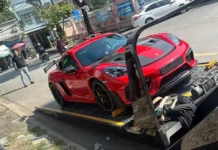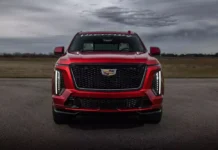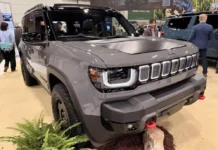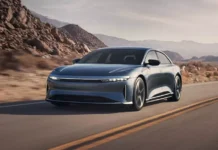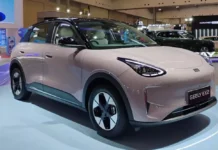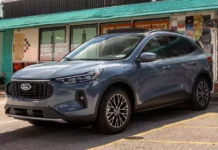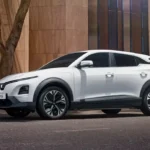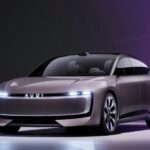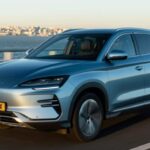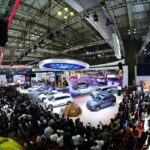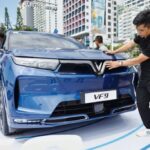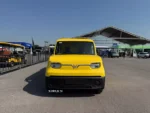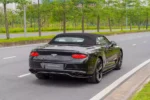Electric vehicle owners in Queensland, Australia, have just lost access to the Willowbank Raceway. The racetrack operators have announced a blanket ban on racing and testing for all “road-registered electric vehicles,” citing safety concerns in the event of an accident. Interestingly, the door remains open for hybrid vehicles.
Electric Cars Banned at Australian Racetrack Over Safety Concerns
Willowbank Raceway, a fixture just outside Ipswich in Queensland since 1985, made the announcement via a press release but did not elaborate on why it was banning electric vehicles. It did mention, though, that the ban was effective immediately.
Some initial reports indicate that the racetrack owners consulted guidelines from Motorsport Australia, NEDRA, and various other emergency response protocols, concluding that electric vehicles pose risks that they are not equipped to manage.
“After careful consideration and investigation, Willowbank Raceway has decided that we cannot allow road-registered electric vehicles to race or test at Willowbank Raceway any longer,” the racetrack owners said in a statement.
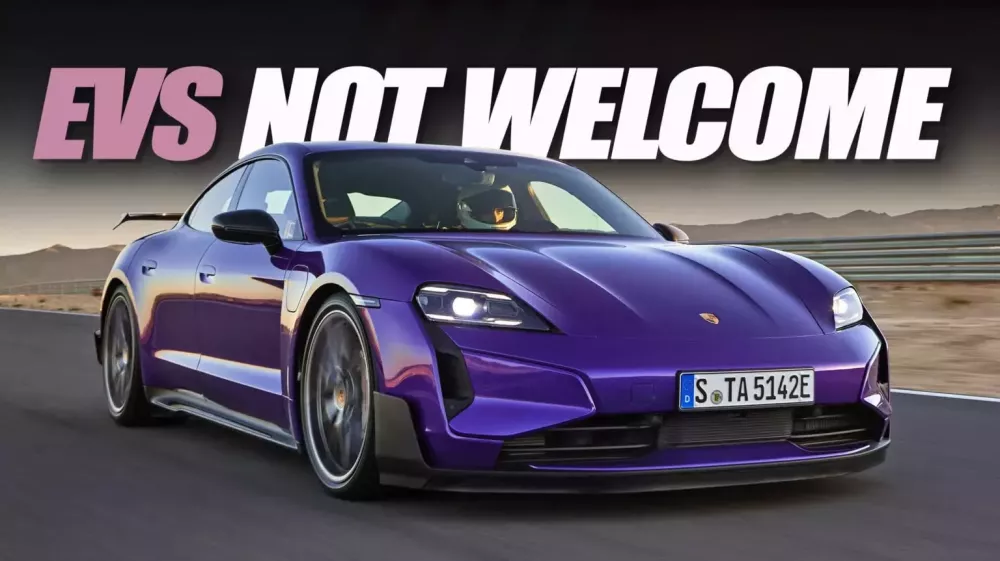
The company further added: “We have reviewed regulations from Motorsport Australia, NEDRA, as well as emergency response procedures for specific vehicle types, and after receiving information from these departments, we have determined that the risks associated with racing and testing electric vehicles are too high.”
The racetrack mentioned the following safety concerns: Batteries can release toxic and flammable gases upon impact, first responders may not be able to confirm that the vehicle is shut down, fires may not be able to be opened from the outside after a collision, if a driver is unconscious after an incident (including a medical episode), it is possible that the chassis will still be live and rescuing the driver will endanger the responders, the vehicle may not be able to be rolled when the power is cut, and towing the vehicle with our current equipment is impossible, or electric vehicles require specialized firefighting systems such as water tanks.
While these points are valid to some extent, some feel they only tell part of the story. For instance, some internal combustion engine (ICE) vehicles with electric door locks also experience similar post-collision unlocking issues. What about hybrid supercars like the Ferrari SF90 Stradale, McLaren Artura, or Lamborghini Revuelto? These vehicles include an EV mode but seem to escape the scrutiny applied to fully electric vehicles.
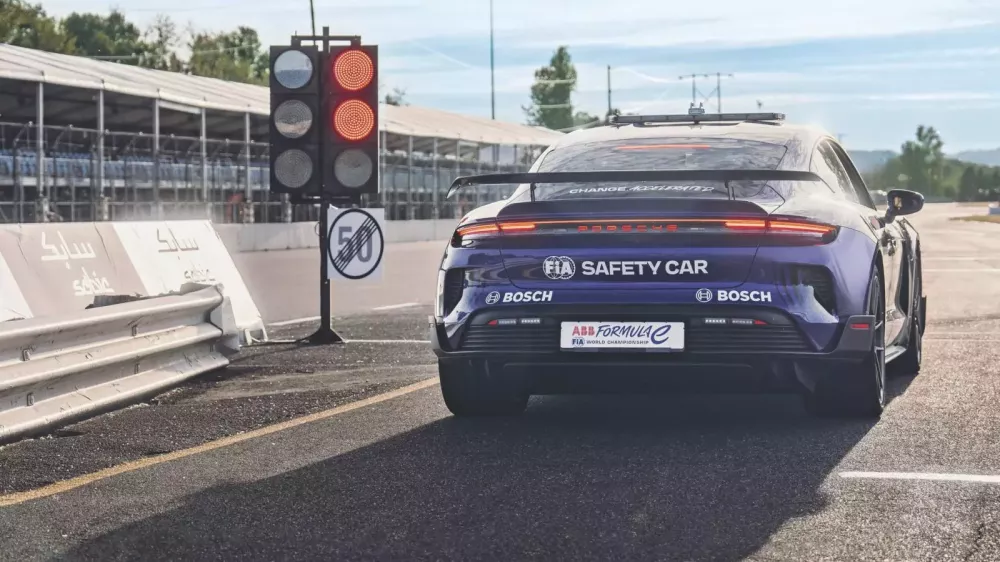
The decision has sparked a predictable range of online reactions. Some electric vehicle owners suspect foul play, joking that ICE drivers are simply “tired of being left behind by Teslas and other EVs” in speed races. Others welcomed the change, expressing their preference for watching races of V8 engines and Ford Falcons over “electric gadgets.”
Interestingly, Willowbank is not the first racetrack to take this stance. Summit Point racetrack in West Virginia implemented a similar ban on electric vehicles in 2023, and Anglesey racetrack in Wales followed suit in early 2024. However, both of these racetracks extended the ban to include hybrid vehicles as well, a move that at least avoids the selective reasoning currently applied at Willowbank.
The Electric Car Tax Policy: China Fights Back.
The Chinese Ministry of Commerce has recently filed a complaint with the World Trade Organization (WTO), challenging the European Union’s (EU) anti-subsidy measures on Chinese-made electric vehicles. This move by China is an assertive step to protect its domestic electric vehicle industry and ensure its global competitiveness. The complaint alleges that the EU’s actions are inconsistent with WTO rules and may negatively impact the growth of this innovative and environmentally friendly sector. With this challenge, China seeks to uphold fair trade practices and promote the sustainable development of the electric vehicle industry, not just domestically but on a global scale.
What’s Left to Anticipate at the Vietnam Motor Show?
The automotive landscape is evolving, and the VMS 2024 event is set to showcase a shift in the market. With a focus on innovation and a changing industry dynamic, the stage is set for Japanese and Chinese automakers to steal the spotlight from traditional powerhouses like Mercedes-Benz, Ford, and BMW. This shift signals a new era in automotive excellence, where the East meets West and a diverse range of vehicles take center stage.
“Double the Rewards, Double the Fun: Gas Car Owners Embrace the Electric Switch.”
VinFast and FGF are offering a golden opportunity for Vietnamese customers to upgrade from petrol to electric vehicles with their “Trade-In Old, Get New” program. VinFast petrol car owners enjoy exclusive benefits of up to 120 million VND and a range of incredible gifts, making this an unmissable chance to make the switch to electric.

